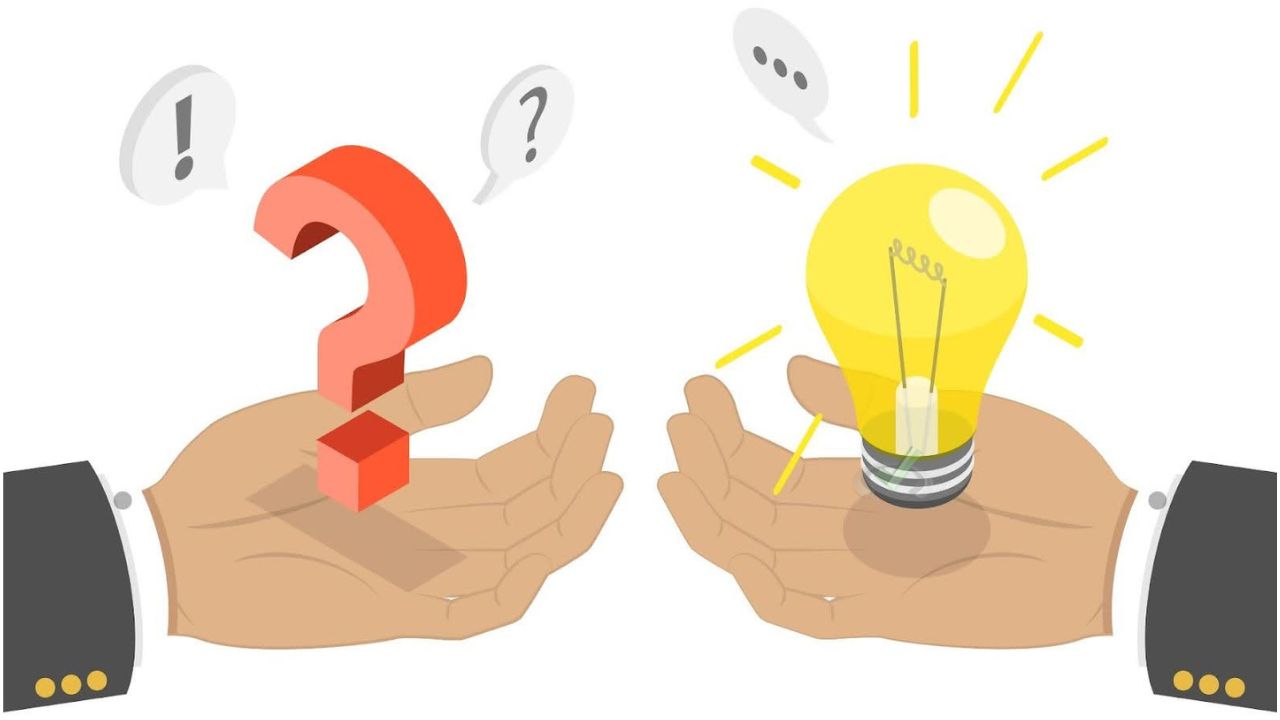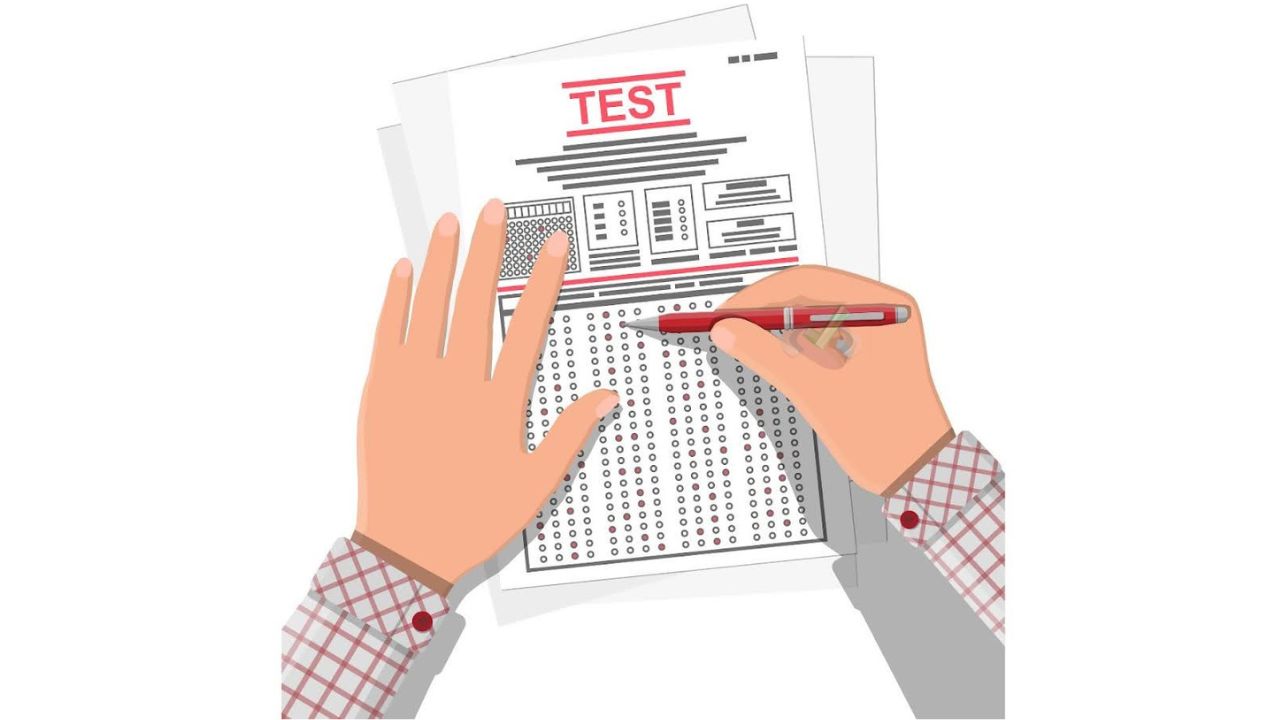
When you complete the NCLEX, one of the most anticipated moments in your nursing career is the wait for your results. After hours of answering questions, all you want is a clear answer: Did you pass? In the days following the exam, many hopeful candidates search for a sign, something that might help them predict their fate.
That’s where the infamous "good pop-up" comes into play. But what is the good pop up for NCLEX, and can it really predict whether you’ve passed or failed? Let’s break it down and explore what this pop-up really means.
What is the Good Pop Up for NCLEX? The Basics You Need to Know
You’ve just completed the NCLEX, and now the waiting begins. There’s no more clicking through the questions, no more calculating your performance in your head.
You’ve done everything you could. But now you’re left with one question: Did you pass? Many test-takers have heard of the "good pop-up" and eagerly turn to it as a sign of success, but what exactly does this pop-up mean?
The good pop-up is tied to Pearson VUE, the company that administers the NCLEX. Once you finish your exam, you have the option to visit the Pearson VUE website and check your results or attempt to register for the exam again.

What Does the Good Pop Up Actually Mean? Separating Fact from Fiction
Now that we understand what the good pop-up is, it’s time to dig deeper. Many people swear by it, claiming that it’s a surefire sign that they’ve passed the NCLEX. But can you really trust it?
The Pearson VUE System
The good pop-up doesn’t actually relate to your performance on the exam. When you finish your test, Pearson VUE’s system simply recognizes that you’ve already taken the exam. The pop-up is triggered when the system prevents you from re-registering for the test, but this is just a technical step. It doesn’t know how you did.
Why It Doesn’t Mean You’ve Passed
In truth, the good pop-up is unrelated to your scores or performance on the NCLEX. It’s simply a feature in Pearson VUE’s registration process. While some candidates who see the good pop-up pass, others have seen it and failed. So, relying on this pop-up as a clear sign of success is risky.
False Hope
The fact that the good pop-up shows up when you’ve passed doesn’t make it a definitive indicator. The passing result from NCLEX is based on a different set of rules, including the performance of your answers and the difficulty of the questions you face. The pop-up doesn’t have access to that information.
The Psychology Behind the Good Pop Up: Why We Love a False Indicator
The good pop-up provides instant gratification. After taking an exam as important as the NCLEX, the waiting game can be unbearable. We want something to ease the tension, something to assure us that we did well. The good pop-up becomes a psychological comfort, providing a quick, if not totally accurate, answer.
How Can You Really Know if You’ve Passed the NCLEX?
If the good pop-up isn’t a reliable indicator, how can you find out if you passed the NCLEX? There are better ways to get a more accurate answer, even if the wait for the official results can still feel long.
Pearson VUE Quick Results
Pearson VUE offers a service called "Quick Results," which provides unofficial results about 48 hours after you take the NCLEX. While it’s not official, it can give you a solid indication of whether you passed.
Quick Results are a more reliable way to gauge your performance. They may not be final, but they come from the same system Pearson VUE uses for the exam. If you want to know sooner, these results are worth the small fee.
How to Get Pearson VUE Quick Results: Step-by-Step
If you're eager to find out how you did on the NCLEX before the official results arrive, Pearson VUE offers a service called Quick Results. While these results are unofficial, they can give you a solid indication of whether you passed or not. Here's a simple step-by-step guide on how to access them quickly.
NCLEX Official Results
The official results come from your state’s Board of Nursing. These are the results that matter most, as they are the definitive answer to whether or not you passed the exam.
The Board of Nursing needs time to process and verify the exam data. While Pearson VUE Quick Results give a faster indication, the official results are the ones that matter in the end. They may take up to six weeks to arrive.
How to Check NCLEX Official Results
The official results are the final word on whether you’ve passed the NCLEX, and they come directly from your state’s Board of Nursing. Here’s how you can check your results once they’re available:

Understanding the NCLEX Scoring Process
The NCLEX uses a unique scoring method that differs from many other exams. To understand why the good pop-up isn’t a valid predictor, it helps to know how the test is scored.
What to Do if You Get the Good Pop Up
If you’re one of the lucky ones who sees the good pop-up, it’s natural to feel relieved. However, it’s important to stay grounded and follow these steps:
Tips to Boost Your NCLEX Success: Focus on the Fundamentals
When you prepare for the NCLEX, it's easy to get lost in the sea of information, but focusing on the core fundamentals is key to mastering the exam. The "good pop-up" may offer a glimmer of hope, but in reality, it's your thorough understanding of the NCLEX content that will ensure your success.
Here’s how to narrow your focus and maximize your chances of passing.
1. Master the NCLEX-RN or NCLEX-PN Content Outline
Whether you’re preparing for the NCLEX-RN or NCLEX-PN, the first step is understanding what’s actually being tested. Pearson VUE provides a detailed NCLEX-RN and NCLEX-PN content outline, which serves as a roadmap to everything you need to know.
Both exams follow a similar structure, with content divided into key categories that ensure you’re well-prepared for a wide range of nursing scenarios.
For the NCLEX-RN, the four major categories include:
The NCLEX-PN also includes these categories but with some adjustments to better align with the scope of practice for practical nurses. Here’s a breakdown:
Both exams are designed to assess not just factual knowledge, but your ability to apply this knowledge in real-world nursing situations.
When you focus on your study sessions on these categories, you ensure that you're not just memorizing concepts but also understanding how to implement them in various clinical settings. Understanding how each of these categories applies to either the RN or PN role will help you structure your studies more effectively.
2. Create a Study Plan
Success doesn’t happen by accident, and it certainly doesn’t happen overnight. One of the best things you can do is create a study plan that outlines what you'll study each day. By breaking the material into smaller, manageable chunks, you can make the process less overwhelming.
Taking these steps won’t guarantee you see a "good pop-up" immediately after your exam, but it will certainly give you the confidence that your preparation was thorough.
3. Practice with NCLEX-like Questions
The NCLEX exam is designed to challenge your critical thinking skills, so practice with questions that simulate the actual test as closely as possible. Using resources like practice test books or online question banks will help you get accustomed to the format.
Focus on understanding why answers are correct or incorrect, rather than just memorizing the correct answers.
Make practice questions a daily habit. Even dedicating 30 minutes each day to answering questions can make a huge difference. The more you practice, the more you'll familiarize yourself with the test's format and time constraints.
Want to make sure you're truly prepared? Download our NCLEX Cheatsheets today! With these concise and easy-to-follow cheat sheets, you’ll have all the critical information at your fingertips, ensuring you're ready for anything the NCLEX throws your way. Don’t wait—download now and start reinforcing the key concepts!4. Try NCLEX Simulations
Simulations are another excellent way to prepare for the NCLEX. Online platforms and apps offer realistic exam simulations, giving you an experience almost identical to the real test. These simulations help you practice time management, identify your strengths and weaknesses, and reduce test anxiety.
While these simulations won’t guarantee a "good pop-up" at the end of the exam, they will certainly ensure that you’re fully prepared to tackle any question thrown your way.
Ready to take your NCLEX preparation to the next level? If you're retaking the NCLEX, or simply want to stay on track with your studies, subscribe to our NCLEX Daily Dose emails!
Each day, you’ll get helpful tips, strategies, and questions to help you pass on your first attempt. Stay sharp and get consistent support to reach your goals. Subscribe to NCLEX Daily Dose emails now!
Final Thoughts on What is the Good Pop Up for NCLEX
The good pop-up for NCLEX is an intriguing concept, but it’s not a reliable predictor of whether you’ve passed or failed the exam. While it may offer comfort and reassurance in the moment, it’s simply a feature of the Pearson VUE registration system and has no direct connection to your exam performance.
To truly know whether you passed, rely on the official results from your Board of Nursing or Pearson VUE’s Quick Results. Don’t let the good pop-up cloud your judgment—it’s just a small part of a much larger process.
